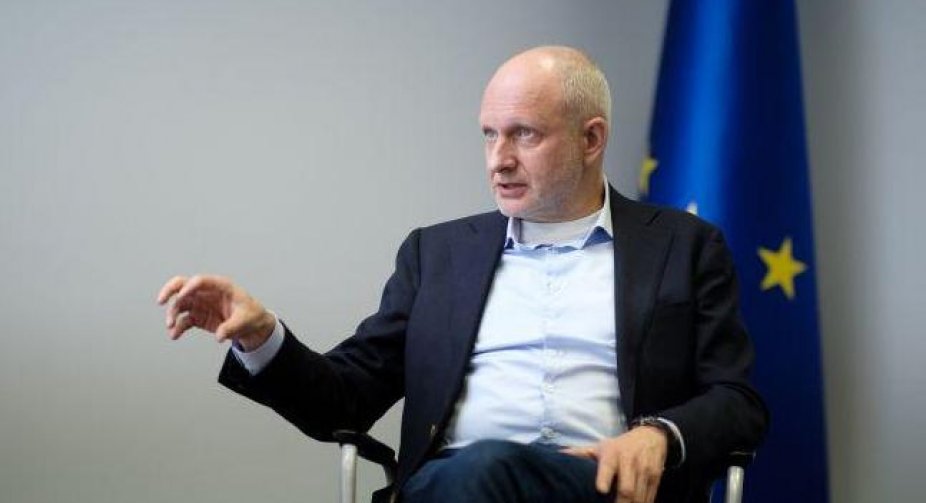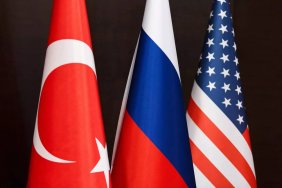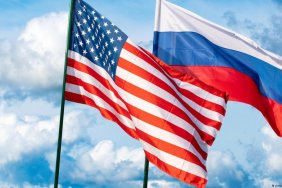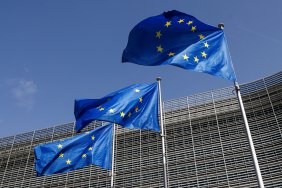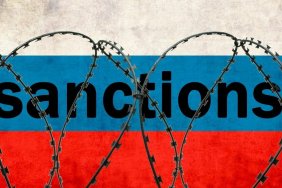The European Union will strengthen anti-Russian sanctions. They and previously introduced restrictions should increase the pressure on the Russian economy and the war machine of the head of the Kremlin, Vladimir Putin.
In an interview with RBC-Ukraine, the head of the EU Delegation to Ukraine, Matti Maasikas, told about this.
The diplomat noted that since February, the EU has adopted a rather tough set of sanctions that were previously considered impossible. We are talking about the disconnection of banks from SWIFT, the energy sector, the freezing of the assets of the central bank of the Russian Federation, which were considered Putin's war fund.
At the same time, Maasikas noted that EU countries are not only introducing new sanctions, but are also trying to close loopholes for Russia.
"These things are not mutually exclusive. At least in some rounds of sanctions, along with the introduction of new ones, loopholes in the existing ones were also closed. That is, it is not something that cannot be done in parallel," the ambassador added.
According to him, despite the statements of officials and politicians of the Russian Federation, the Russian economy was still affected by the sanctions.
"Let me give you an example of the reverse. As you know, when the invasion started, in February, 40% of the natural gas in the EU came from Russia. Now it's 9%, with no formal sanctions on it. The EU understood, agreed in the end, that the Russian Federation is not a reliable supplier," said Maasikas.
In addition, the ambassador recalled the allies' sanctions, which significantly limit Russia's imports. Therefore, the Russian Federation, even with funds from the export of energy resources, still faces problems.
"First of all, Russia cannot buy much with this money due to trade restrictions by the EU, the USA, Great Britain, and Japan," the diplomat added.
